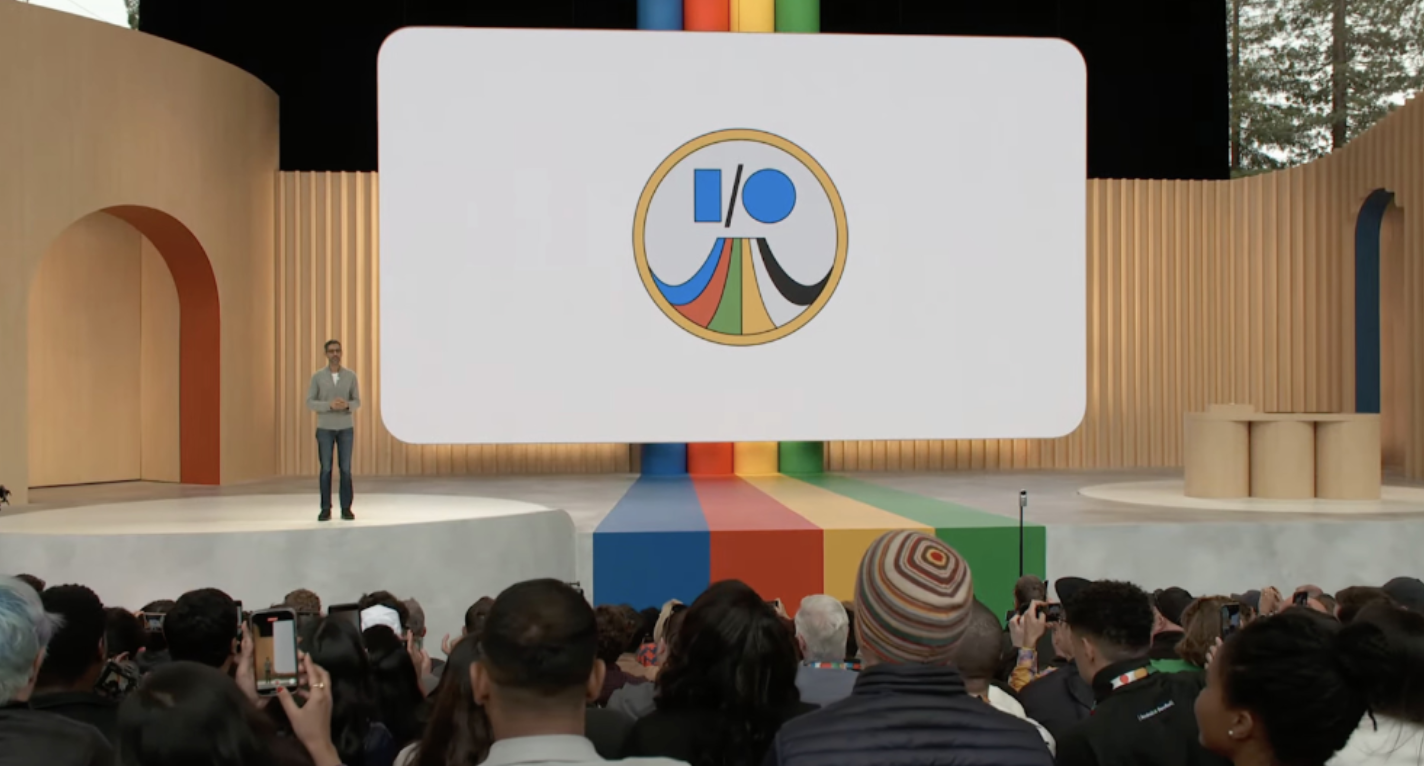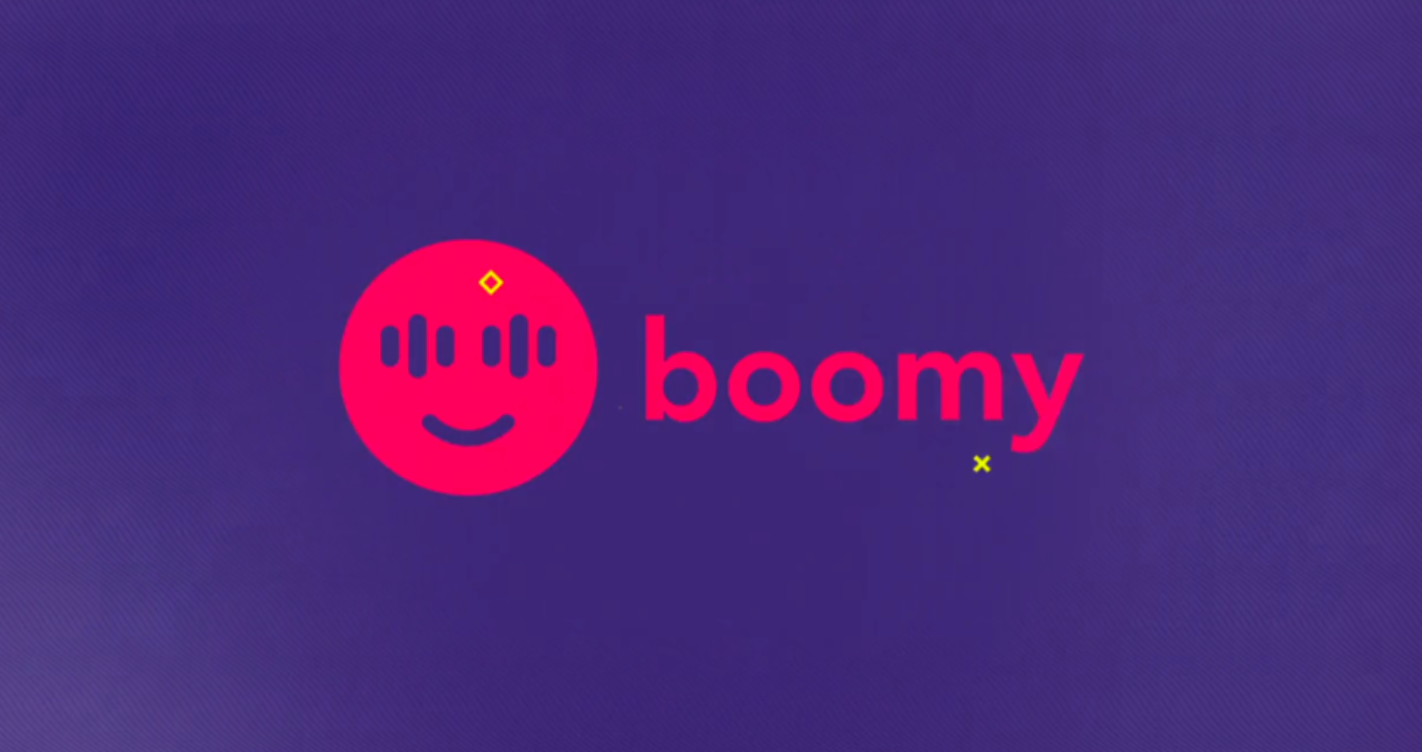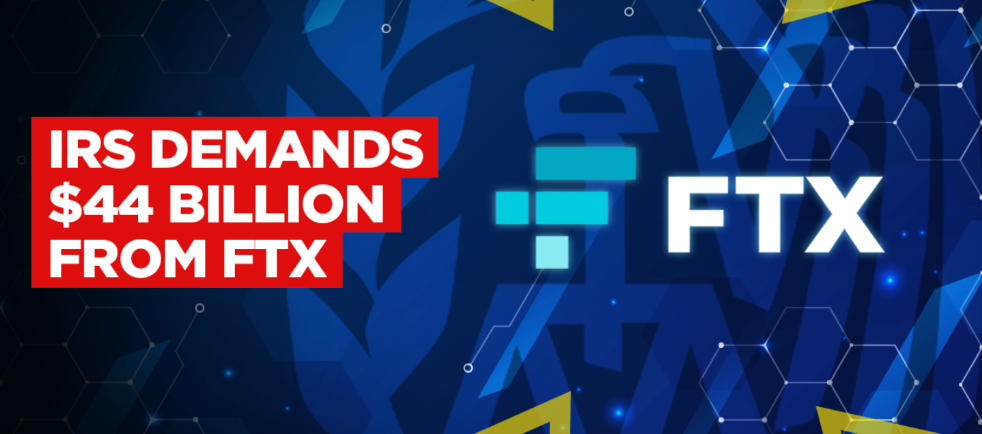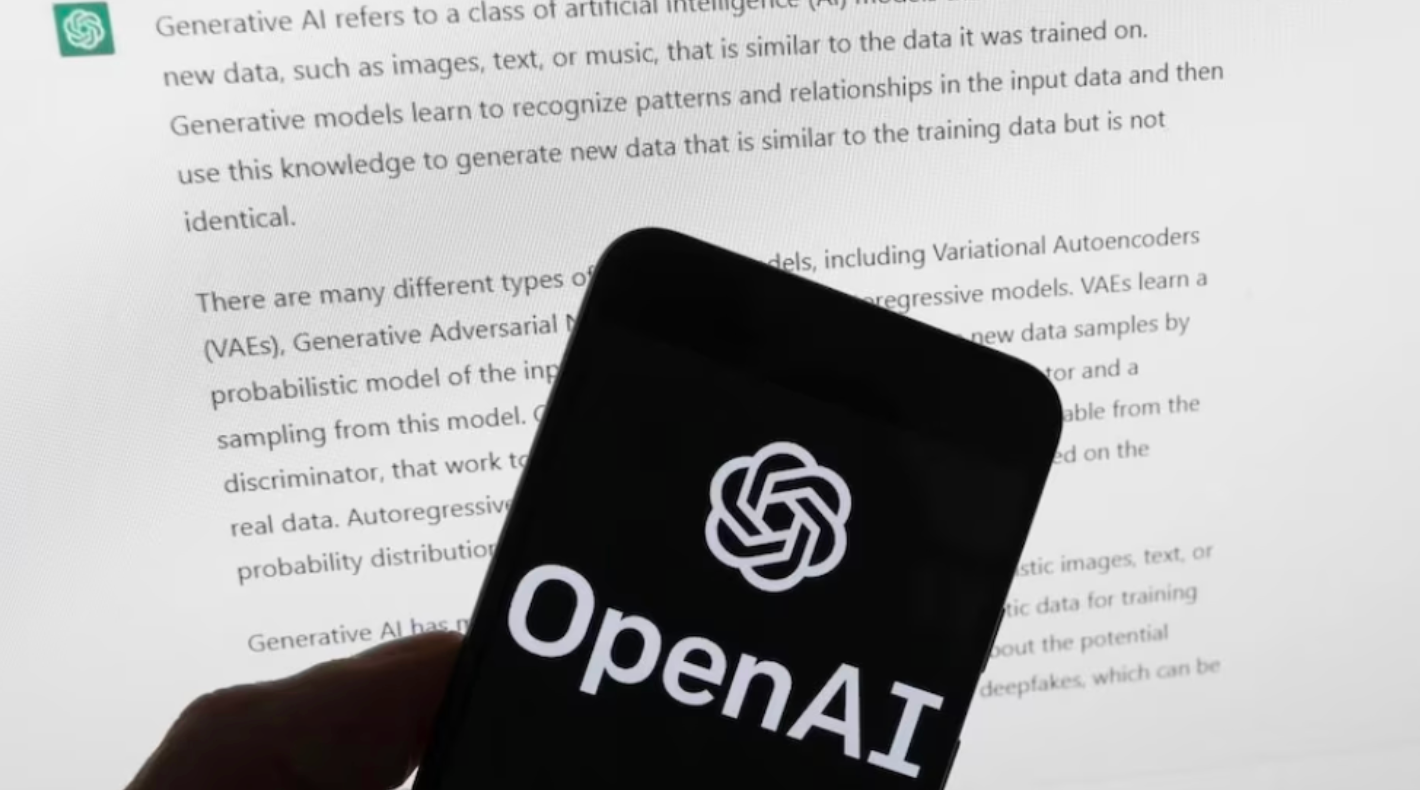
Dear Studio Fam,
One of the Studio team's favorite type of events is the Big Tech Keynote Address. All of the major tech companies have their version of it. Pioneered by Steve Jobs, the experience is designed primarily for developers and business customers but also forms the basis of marketing materials for retail customers. This week we bring you news of Google's latest keynote, formally known as Google I/O, which was notable not just for its focus on AI but for its return to an in-person experience after three years of virtual presentations. We also cover efforts of Spotify to combat fake AI users, discuss how the IRS might end up seizing FTX's remaining assets before its customers, and take a look at the finances and goals of OpenAI.
Google Unveils New AI Tools & Pixel Devices To Live Audience

Google I/O, the yearly developer conference hosted by the search giant, returned to its pre-COVID format this year with a live presentation before an in-person audience. The focus of the event was Google’s new array of AI-powered features rolling out across its existing portfolio of products, including Docs and Photos. After the much maligned debut of its LLM technology Bard earlier this year, this week’s demo showed much more mature products capable of drafting emails based on simple prompts, radically editing photos, and assisting code creation inside of Google’s IDE.
Google also unveiled new Pixel devices, including the budget conscious Pixel 7A, the budget busting Pixel Fold, and a modestly priced and entirely new Pixel Tablet with speaker dock. While there wasn’t much interesting to be found in the details of the Pixel 7A and Pixel Fold (both are derivative of existing products), the Pixel Tablet demonstrated a new paradigm of mobile and home use. When docked in the included speaker base, the Pixel Tablet acts more like a Google Home Assistant with features dedicated to controlling home automation technology and integrating with Google Nest security products. When detached from the base, the Pixel Tablet acts like any other premium tablet designed for content consumption on the go.
Spotify Deletes AI Tracks, Fights Ghost Users

The proliferation of generative AI technology has made it easier than ever to create (mediocre) artistic content, and media platforms like Spotify are fighting harder than ever to keep the worst of it off their systems. This week Spotify deleted thousands of tracks uploaded by AI music startup Boomy. While uploading artificial music is not against Spotify’s rules, these tracks were also associated with artificial streaming – the use of AI-controlled accounts to boost play numbers.
FTX Creditors Get In Line Behind The IRS

You can now add the Internal Revenue Service to the line of folks waiting to get compensated in the wake of the failure of FTX. But unfortunately for the millions of retail FTX customers, the IRS gets to cut the line. In newly filed charges this week, the IRS details over $44 billion of alleged tax bills due by FTX and its associated trading firms.
It turns out that the shady hedge funds secretly controlled by Sam Bankman-Friend never properly reported their trading volumes to the IRS and is now on the hook for billions of partnership taxes. And because the IRS can file such claims under the “administrative priority” part of the bankruptcy code, it’s possible that the Courts use what few assets FTX has left to pay off the government before it pays back unsecured creditors like FTX’s retail investors.
How the IRS arrived at such a steep number is yet to be determined, as some have pointed out the tax bill is greater than the assets managed by FTX.
Google AI Update Rundown
Google staff said “AI” over 140 times at this year’s I/O event, and we’ve got a complete rundown of all of the new AI features about to roll out across the Google product ecosystem:
- Gmail's "Help me write" feature suggests and creates complete email drafts based on user-entered prompts.
- Maps' "Immersive View" allows users to preview their journey, providing information on air quality, traffic, and weather.
- Google Photos' "Magic Editor" enhances photo editing by allowing users to reposition subjects, recreate missing parts, and adjust lighting and color.
- Google's language model, PaLM 2, is trained on multilingual text, showcasing improved logic and reasoning capabilities, and fine-tuned for specialized domains like security and medical knowledge.
- Gemini, Google's new multimodal foundation, excels in tool and API integrations, paving the way for future innovations in application memory planning.
- Google Bard upgrades now include coding capabilities in over 100 languages and the ability to directly communicate with other Google apps and third-party tools/extensions.
OpenAI Posts $540 Million Loss

Pioneering new technology doesn’t come cheap and the first public financials from OpenAI confirm it: the company lost over $500 million last year developing its breakthrough GPT technologies. The expenses are mostly related to paying the staff necessary to engineer its products like ChatGPT and DALL-E along with the massic server infrastructure costs related to running large language models. Each ChatGPT query, for example, has been estimated to cost as much as 36 cents per query, although those costs have certainly come down.
OpenAI leaders make no apologies for the losses, and have publicly stated they may need in excess of $100 billion to achieve their ultimate goal of “Artificial General Intelligence,” the holy grail of AI research. Some remain skeptical of the revenue potential of these technologies, particularly as both OpenAI’s primary investor Microsoft and latecomer Google are committed to effectively giving the technology away through integrations with its existing products. Third parties will still pay exorbitant fees for direct API access, but even Microsoft CEO Satya Nadella has admitted that monetizing OpenAI is not his primary goal: he just wants to make Google less profitable.

